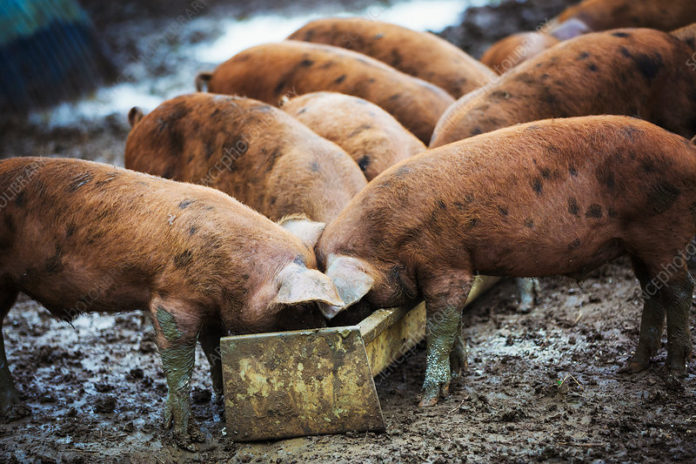Mourning our demise is a
Luxury we cannot afford –
Anger is not classy.
Hand to mouth and too
busy to strike –
Our other citizens are
Tourists with other
Citizenships appendaged –
Fellow Ghanaians,
We are ladies and gentlemen,
We do not strike –
We ogle kleptocrats,
The new bourgeoisie
Waiting our turn
At the trough.
Review
Amma Birago’s poem – “The Scavengers – Waiting Our Turn” – sums up the widely known yet often denied (for political convenience) truth of Ghana’s (and perhaps Africa’s) culture of political and socio-economic decadence that has been going on for decades till date.
Essentially, the poem participates in the tradition of self-referential critique of post-colonial Ghana and by extension, Africa’s mis-governance, as articulated by such stalwart antecedent writers as Ayi Kwei Armah (e.g. The Beautiful Ones …; 1968; Fragments, 1969) Wole Soyinka (Ant hills of the Savannah, 1987) Nawal el Saadawi (God Dies by the Nile, 1985) Chinua Achebe (A Man of the People, 1966) and Ngugi Wa Thiongo (Petals of Blood, 1977) among others.
The text’s protest focuses on the curious relationship between the governing class and the governed.
At one level, it depicts the citizenry’s dilemma in their inability to accept their woeful underclass status, vis-à-vis their apparent impotence, having been thus conditioned by a combination of existential socio-economic challenges, and ambiguous and altogether, deceptive self-serving politics.
At another level, the poem points to a witting and/or unwitting mercenary mindset of the citizenry, biding their time “at the trough” to partake in the rape of the state. This is indicative of endemic corruption in the leadership set, both those in administration and those in opposition, of the country
Perhaps the ethos of the poem is also its pathos: the self-inflicted apocalyptic denouement to a pathetic narrative of a people’s destiny, ticking slowly but surely to an eventual catastrophe.
The pity of this drama is the unwitting complicity of the citizenry in mistaking the crumbs they scramble for from under the table of the ruling classes as ‘opportunity’ and their faith in a farcical constitutional ‘democratic’ order which privileges the ritual of ‘constitutionality’ and ‘rule of law’ rather than the substance of justice, ethics, fair play, people’s well-being, national inclusion and patriotism.
Away from the thematic, the poem’s merits include its verbal economy and its somewhat impressionistic yet poignant manner of making the reality of its indications come alive.
Without being overly wordy and florid, its lines are aptly and adequately suggestive of its seminal message, and perhaps more.
However, this aesthetically desirable quality may be the poem’s limitation: it is rather cerebral and its import may not be readily accessible to the casual reader; but then this poem is not meant for the casual reader, apparently, but for the intuitive reader, and you bet that is where its relevance lies – a speech act designed to sensitize and stir the intuitive to confront and deal effectively with the contradictions and anomalies of the society.
Altogether, Birago’s poem resonates with the long echoing clarion call to fix the unacceptable situation of the country and the Continent at large.
It is an admonition to fix what has long been, and continues to be broken in the country, and Africa, to right wrong and live pure in our national life. It is worth the effort that has gone into creating it. Brava!
Reviewed by Kwesi Quayson

